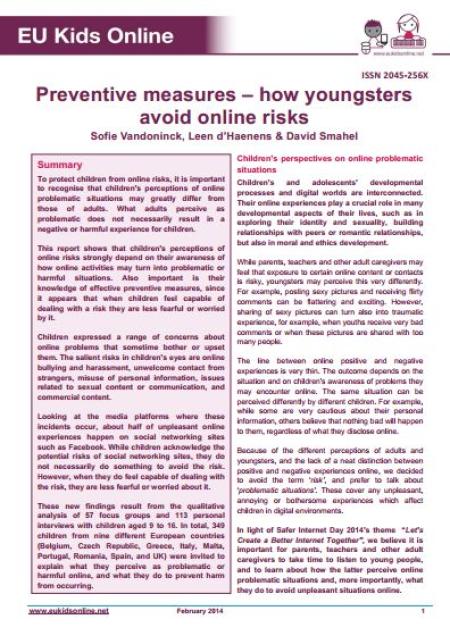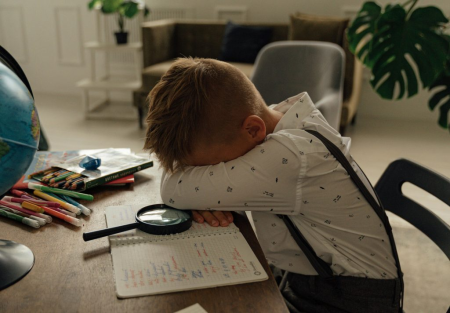
Brazilian and British scientists published an article in the journal 'Epidemiology and Psychiatric Sciences' about the impact of mental health on a child's education. The data was obtained from the Brazilian High-Risk Cohort Study for Childhood Psychiatric Disorders (BHRC[KM1]), a school-based survey that has followed over 1,000 children since 2010.
According to the findings, externalizing conditions affect educational attainment more than disorders associated with anxiety and fear. These have a negative impact on both genders, but they are especially harmful to girls, resulting in lower levels of literacy and more frequent bullying. Yet, phobias and depression led to higher dropout rates for boys.
There are three main hypotheses to explain these findings. Males already have lower literacy rates, and are more prone to bullying. Furthermore, externalizing conditions may be developed earlier in males than in females, and as result, literacy and socioemotional skills can be affected earlier on. Additionally, externalizing behaviors such as impulsivity, aggression and oppositionality may be less socially acceptable in Brazilian females than males. For instance, since aggressive behavior is not expected from girls and depression from boys, their school performance is significantly affected.
Last but not least, it is worth mentioning that the early prevention and detection of mental health issues in children will decrease its impact on their education. Based on research data, if mental health disorders were prevented or treated properly, at least 591,000 children would have been in the right grade for their age, and repetition of a year could have been avoided for almost 196,000 students. The Brazilian research group has created a handbook to help teachers deal with students' mental health problems, focused on the importance of their role as educators in avoiding stigmas.
In the context of the COVID-19 pandemic, the research group investigated the link between online learning and children's mental health. The United Nations Children's Fund (UNICEF) estimated that for a long period of time, 1.5 million children aged 6–17 were out of school and not taking online classes, while another 3.7 million attended school, but no school activities were available and they were unable to continue learning at home.




























